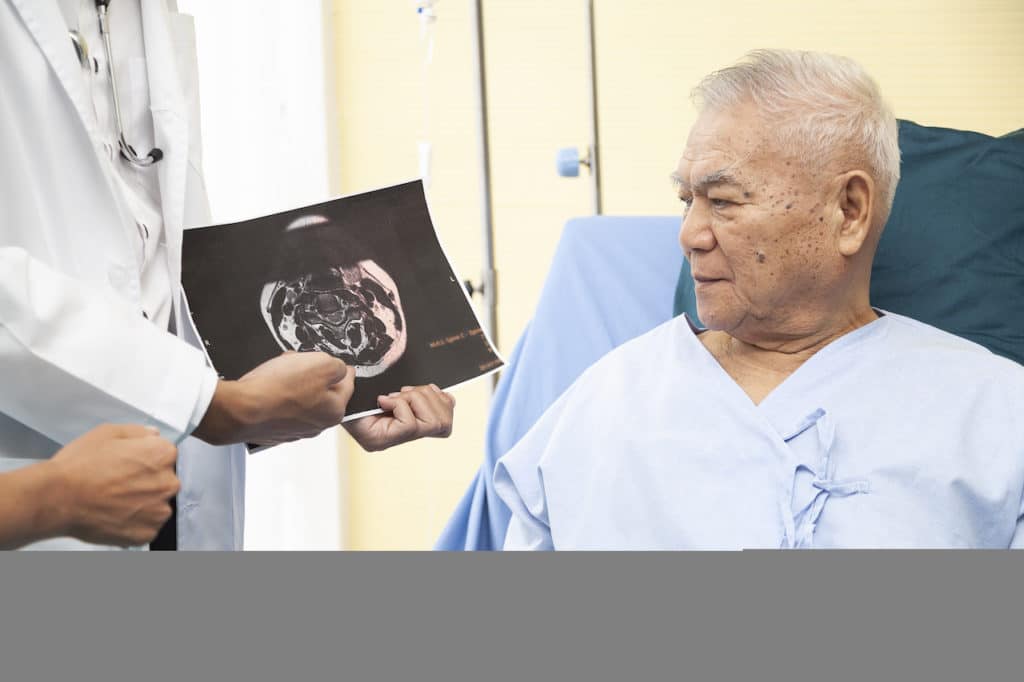When you suffer an injury due to the negligence or recklessness of someone else, you have the legal right to file a personal injury claim to recover compensation. This financial award can go towards paying for the unexpected expenses associated with your injuries, including medical bills, lost wages, and more. While many injuries are immediately apparent, such as broken bones, deep cuts, or sprained muscles, traumatic brain injuries (TBI) can be harder to detect and diagnose, as symptoms may be more difficult to identify. It’s best to visit a doctor immediately following an auto accident or other incident to ensure that you receive the medical attention and treatments you need to begin your road to recovery. Here are three things you should know about traumatic brain injuries and what steps you should take to pursue a personal injury claim to obtain the compensation you are owed.
1. Common Causes of TBI
The brain is a delicate organ, and even a moderate bump can lead to substantial consequences. According to the Centers for Disease Control (CDC), any bump, blow, or jolt to the head that interferes with the normal function of the brain can be considered a TBI. In 2014 alone, there were 288,000 TBI-related hospitalizations and 56,800 deaths associated with TBI in the United States. The most common causes of TBI include falls, motor vehicle accidents, and being struck with an object. In 2014, 52 percent of all TBI-related emergency room visits and hospitalizations were associated with slip-and-fall accidents, while 20 percent were associated with motor vehicle accidents.
2. Signs and Symptoms to Look For
In general, TBIs are considered either “mild” or “severe.” Symptoms of a mild TBI include headaches, confusion, blurry vision, or small behavioral changes, while moderate to severe TBIs may cause slurred speech, longer periods of unconsciousness, weakness in the arms or legs, vomiting or nausea, and cognitive impairment. Even if you don’t seem to have any immediate symptoms, it’s key to schedule a visit with your doctor if your head has been bumped or jolted in any way. Your doctor will discuss the circumstances of the accident and evaluate you for signs of a TBI. In addition to receiving the medical care you need following the accident, visiting your doctor also creates documentation about the nature and extent of your injury that will be useful for a future personal injury claim.
3. Pursuing a Personal Injury Claim in New York
After an accident, it’s natural to feel overwhelmed and anxious about the future. As you focus on your physical recovery, you are likely also dealing with financial concerns and unanticipated costs associated with your injury. That’s where speaking to an experienced personal injury attorney can be helpful—while you recuperate, your lawyer will assist you with every step of filing a personal injury claim against the at-fault party in order to recover the compensation you deserve.
To learn more about how to pursue a personal injury claim in Westchester County, schedule a free consultation with a member of the skilled legal team at Gash & Associates, P.C. by calling (914) 328-8800 today.


